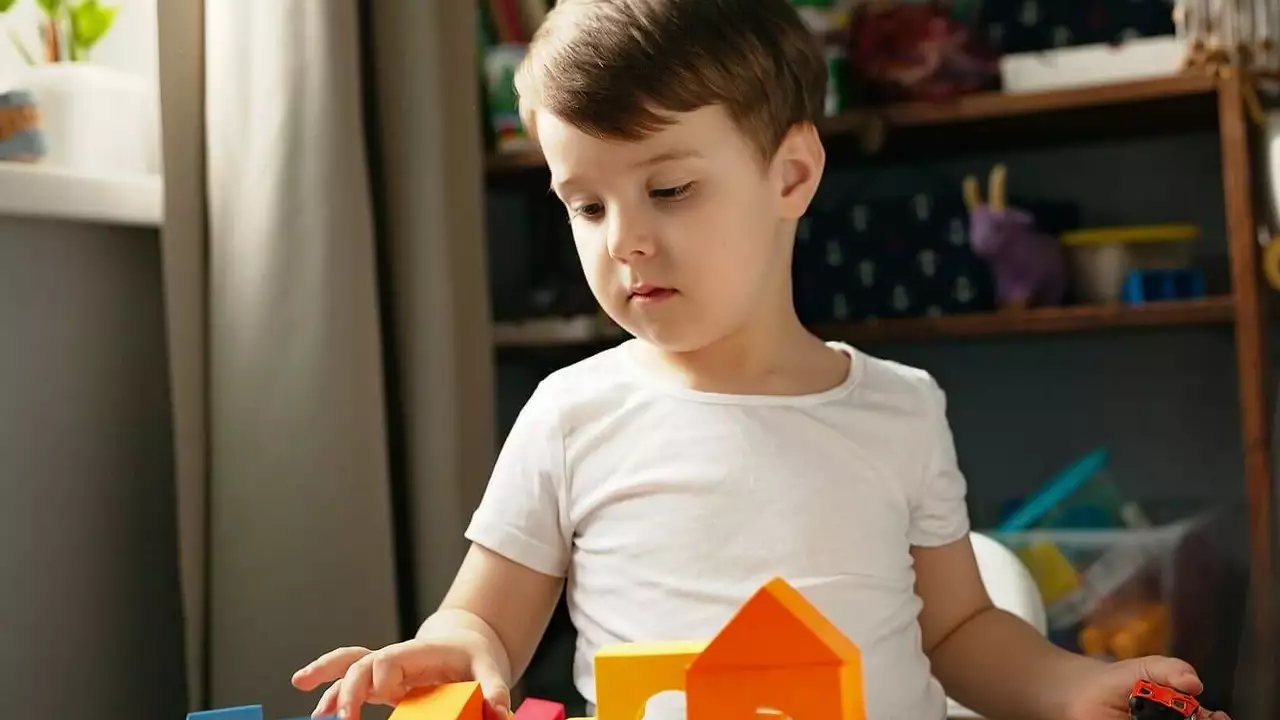Parenting & Education: Simple Ways to Make Learning Fun
Being a parent means you’re always looking for ways to help your kid learn without turning life into a lecture. The good news is learning can happen in the kitchen, on the couch, or even while playing video games. In this guide we’ll share real‑world tips you can use today to boost your child’s curiosity and confidence.
Turn Playtime into Learning Time
Kids love games, so why not let them learn while they play? A recent post on our site showed that an Xbox can actually teach maths. Games like Minecraft: Education Edition turn math problems into building challenges. Your child can practice counting, geometry, and problem‑solving without even noticing they’re doing school work. The key is to pick games that have clear learning goals and set a time limit.
Don’t stop at consoles. Simple board games such as "Ticket to Ride" or "Blokus" reinforce spatial reasoning and strategic thinking. Even a game of "Simon Says" can improve listening skills and memory. The trick is to ask a follow‑up question after the game – “How did you decide where to place that piece?” – so the brain stays active.
Practical Tips for Everyday Education
Learning doesn’t need a special setting. While you’re cooking, involve your child in measuring ingredients. Ask them to add half a cup of flour or double a recipe. That’s real‑life math in action. When you’re out for a walk, turn the street signs into a spelling quiz or ask how many cars you see in two minutes. These tiny moments add up.
Reading together is another fast win. Choose a short story, read a paragraph, then pause and discuss what happened. Encourage your child to predict the next part. This builds comprehension and keeps them engaged. If the book has pictures, ask them to describe what they see – it sharpens observation and vocabulary.
Technology can be a helper when used wisely. Apps that focus on phonics or basic coding give kids a structured learning path on a phone or tablet. Set a daily limit, pick one app, and watch your child improve. The secret is consistency, not duration.
Don’t forget to celebrate effort. When your child solves a puzzle or finishes a reading session, praise the process (“You kept trying until you got it”) instead of just the result. This builds a growth mindset and makes them more likely to keep trying new challenges.
Finally, involve your child in planning. Let them choose one activity a week that feels like a game but teaches a skill – whether it’s a science experiment, a cooking project, or a math‑focused video game session. When they feel ownership, they’ll dive in with excitement.
Parenting and education don’t have to be separate worlds. By blending play, everyday chores, and a little tech, you create a learning environment that feels natural and fun. Try one of these ideas today and watch confidence grow alongside knowledge.

In my recent exploration, I've discovered that, yes, our kids can actually learn maths on Xbox! Educational games like Minecraft: Education Edition are brilliant tools on the Xbox platform that enhance learning experiences, including maths. It makes learning fun and interactive, helping kids grasp complex mathematical concepts more easily. Plus, these games also improve critical thinking and problem-solving skills. So, parents, an Xbox isn't just for entertainment; it can also be a pretty cool teaching tool!




